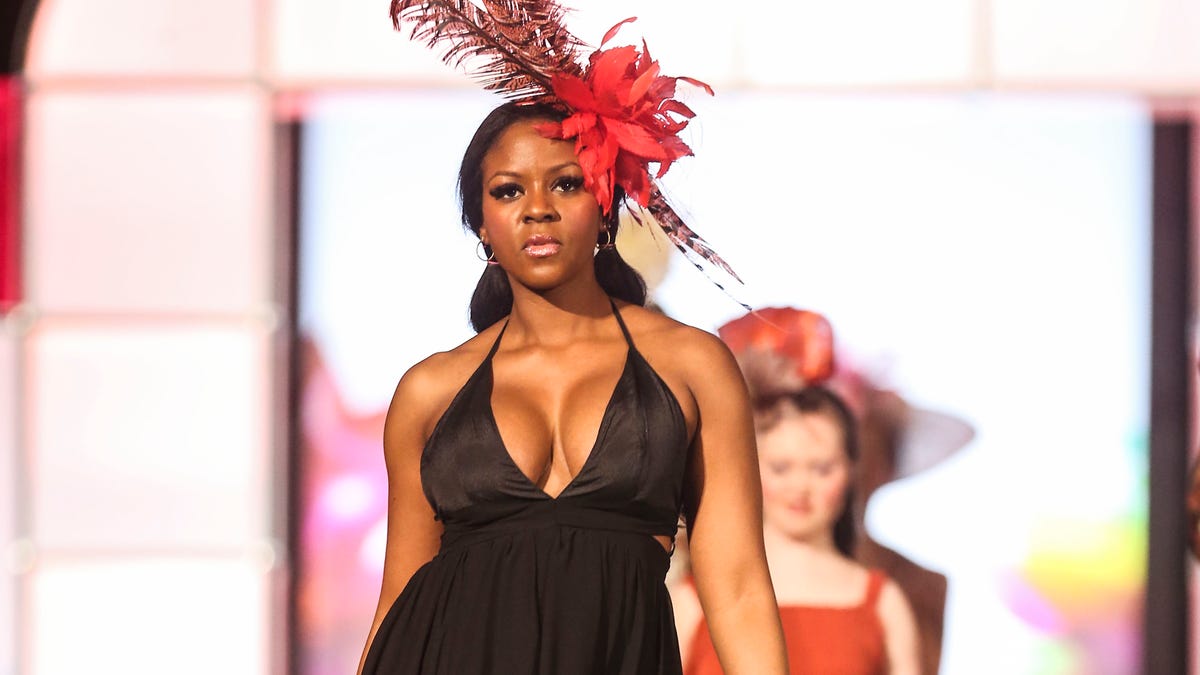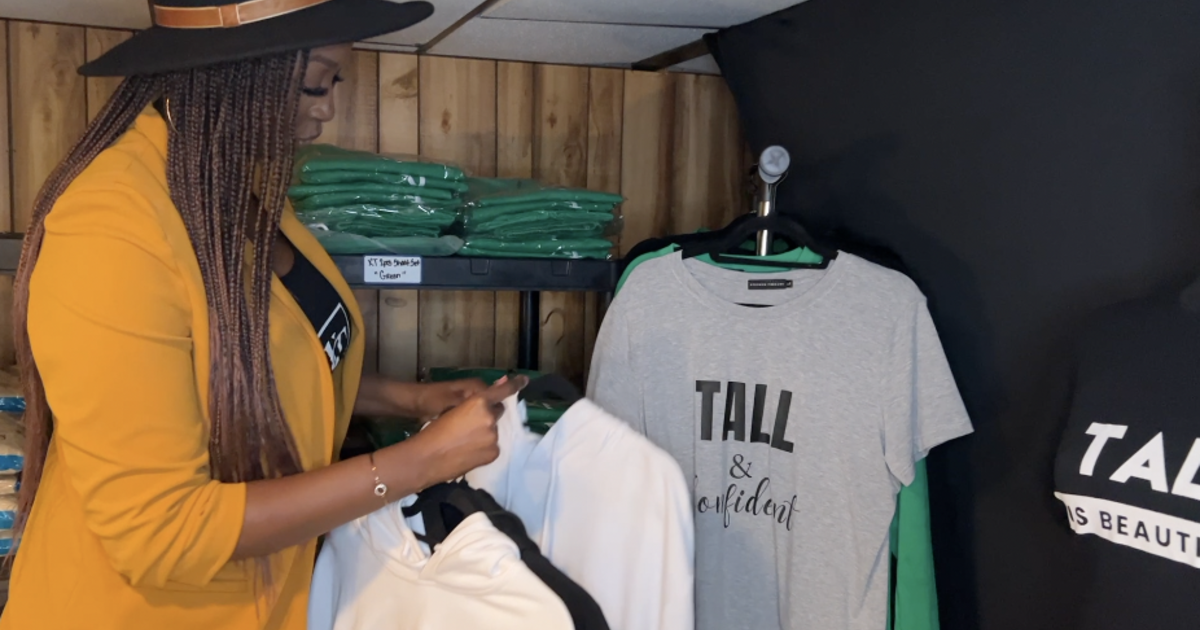Workers at a Mercedes-Benz plant in Alabama rejected joining the United Auto Workers union on Friday, a major setback in labour’s campaign to organise foreign-owned carmakers across the US south.
The National Labor Relations Board said 2,642 votes had been cast against union representation, versus 2,045 in favour. The plant assembles luxury sport utility vehicles, including electric and ultra-luxe Maybach models.
The high-profile defeat is a reversal for the UAW after its landslide victory at a Volkswagen plant in Chattanooga last month. Union leaders had hoped that vote marked the beginning of a wave of labour gains across the US south.
The Detroit-based union, which represents more than 400,000 active workers, has said it hopes to capitalise on the record 25 per cent pay rises it won for Ford, General Motors and Stellantis employees after a strike last year.
UAW president Shawn Fain on Friday said the union would continue organisation efforts at the Vance, Alabama plant. “This isn’t fatal. This is a bump in the road. We will be back in Vance, and I think we’ll have a different result down the road,” he said.
Mercedes said it hoped its employees continued to view the company as “not only their employer of choice, but a place they would recommend to friends and family”.
Lawmakers across the south have used generous subsidies and promises of low-cost, non-union labour to attract foreign carmakers to their states since the 1970s. The union says the so-called “Alabama discount” has helped Mercedes increase its profits 200 per cent over the past three years.
The region’s “right to work” laws give workers the ability to opt out of paying union dues, making it more difficult for labour organisations to support themselves financially.
Union organisers faced far greater resistance at Mercedes than at Volkswagen. After the union announced 70 per cent of the facility’s 5,075 eligible employees had signed union cards, Mercedes replaced the plant’s chief executive, eliminated an unpopular two-tier wage plan that paid longer-serving employees more, and implemented an 11 per cent pay raise.
A double-sided sign hung on the plant’s fence urged workers to simply “vote” on the external public-facing side, but to “vote no” on the inside. Pictures of the sign went viral on social media.
Stephen Silvia, a professor at American University who studies labour relations, called it “a classic anti-union campaign”.
Mercedes previously said it respects employees’ right to organise and was providing workers with the information they needed to make an informed choice.
Local officials also fought the UAW. Alabama’s Kay Ivey, a Republican, was one of six governors who signed a letter calling the UAW “special interests looking to come into our state and threaten our jobs and the values we live by” before the VW election last month. Mercedes was one of the first car plants in Alabama and was widely credited with reviving the state’s manufacturing sector, said University of Alabama professor Michael Innis-Jiménez.
“They are quoting this as the best place to do business because you can pay the workers less,” Innis-Jiménez said. “I think the politicians here are scared that [if the union wins] companies will just stop coming in.”
In March, Alabama passed a state law designed to complicate union organising by denying subsidies to companies that voluntarily recognise a new union.
Despite the loss, the UAW is likely to continue campaigning to organise workers at foreign-owned car plants across the country, Silvia said, but might slow the pace at which it files for representation elections. The union’s next targets may be a Hyundai plant in Montgomery, Alabama and a Toyota plant on the outskirts of St Louis, Missouri, Silvia added.






































